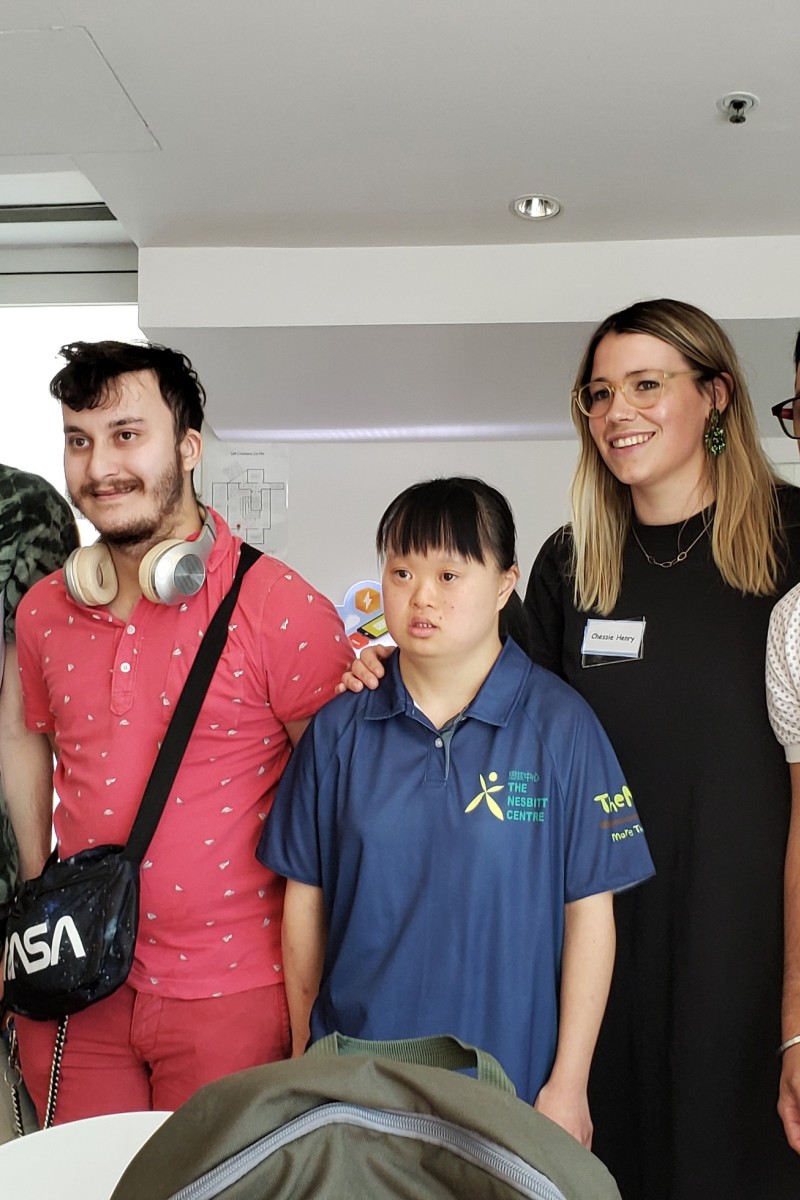
Why diversity and inclusion are so important in the creative arts
Published:
By junior reporter Andrea Lo
Listen to this article
Differently-abled young poets showcase their work at International Literary Festival event, and raise awareness about the challenges they face
By junior reporter Andrea Lo
|
Published:
Sign up for the YP Teachers Newsletter
Get updates for teachers sent directly to your inbox
By registering, you agree to our T&C and Privacy Policy
Sign up for YP Weekly
Get updates sent directly to your inbox
By registering, you agree to our T&C and Privacy Policy